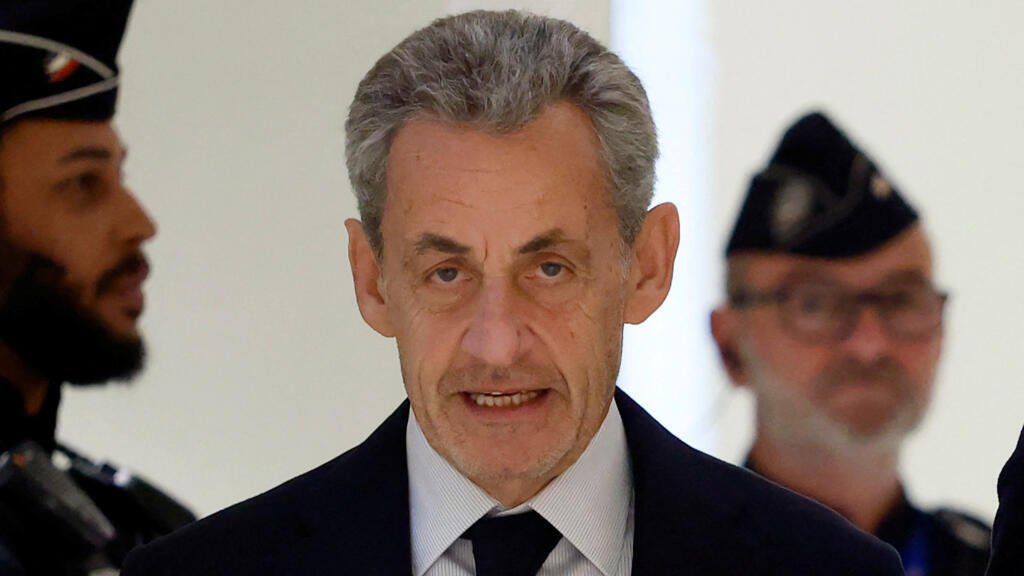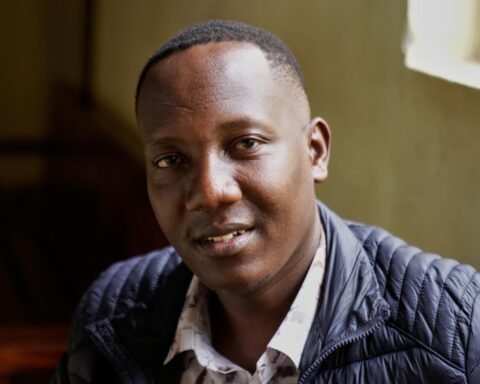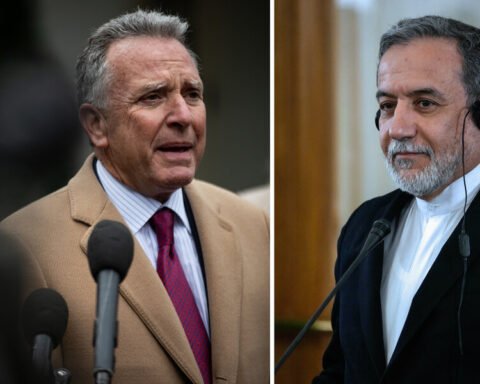Former French President Nicolas Sarkozy was sentenced to five years in prison after being found guilty of criminal conspiracy tied to alleged funding from Libya under Muammar Gaddafi during his 2007 presidential campaign.
The ruling marks the first time in modern history that a French head of state has been ordered to serve a prison sentence.
The court determined that Sarkozy and his close associates conspired to solicit millions of euros from Gaddafi’s regime in exchange for political favors. Prosecutors argued that the arrangement gave Libya influence over French diplomacy at the time, though the judges stopped short of proving that the funds directly fueled Sarkozy’s campaign. Nevertheless, the conspiracy conviction was enough to secure a significant sentence, shaking the French political landscape.
Sarkozy, now 70, denounced the ruling as a “profound injustice” and vowed to appeal. His lawyers claimed the trial was politically motivated and built on unreliable testimony. Despite this, the court insisted that his sentence must be enforced without delay.
Also Read; Tanzania Struggles to Cut Poverty Despite Growth
Two of Sarkozy’s longtime allies also faced consequences. Brice Hortefeux, a key political partner, was handed a two-year house arrest sentence, while Claude Guéant received six years, partially suspended for health reasons. Both men pledged to challenge their convictions.
The case has reignited debate in France about campaign finance, political ethics, and whether democratic systems can effectively hold their most powerful leaders accountable. Public reaction has been sharply divided, with some celebrating the verdict as proof that justice applies equally to all, while others see it as judicial overreach.
Sarkozy’s dramatic downfall stands in stark contrast to his earlier image as a dynamic leader who once promised to modernize France and strengthen its role in Europe. For many observers, the ruling reflects not only his personal decline but also a global shift toward stricter accountability in politics.







